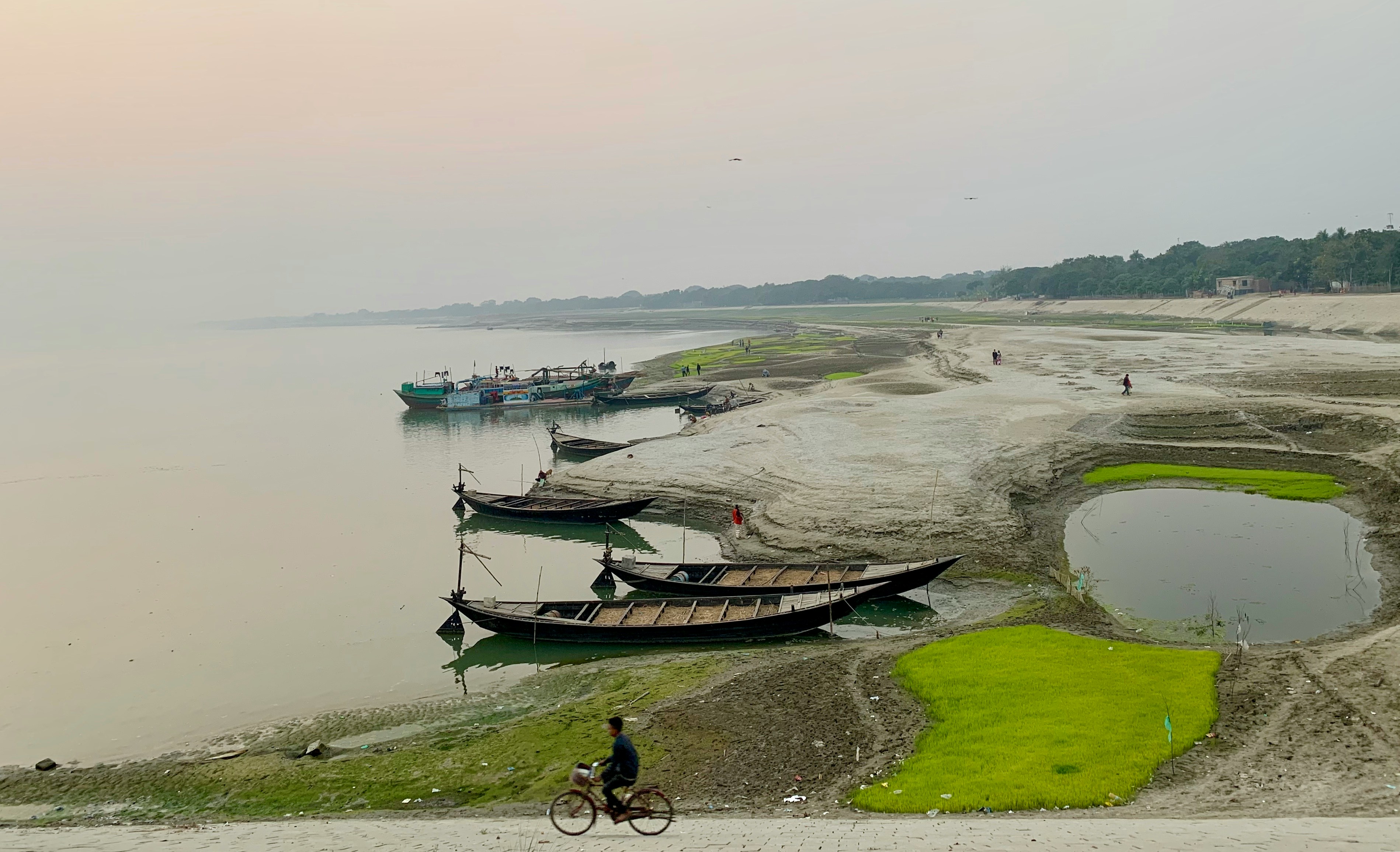Jaltol, a strategic tool that makes water management easier for rural communities, which the ICC has developed in partnership with WELL Labs.
World Water Week 2023 was held from 20–24 August. The theme, Seeds of Change: Innovative Solutions for a Water-Wise World, invites us to rethink how we manage water — and the ideas, innovations, and governance systems we need in an increasingly unstable and water-scarce world.
Dr. Ajita Tiwari Padhi, Senior Specialist-NbS and Resilience at the ICC, writes about one such innovative solution: Jaltol, a strategic tool that makes water management easier for rural communities, which the ICC has developed in partnership with WELL Labs. Jaltol was presented at the World Water Week, 2023.
The IPCC Sixth Assessment Report’s regional fact sheet for Asia, including India, states that monsoons are likely to increase (and increasingly vary) year on year, and droughts are likely to occur between 2 and 4 times every 10 years (source: CSEI). Rainfed farmers will therefore be at a very high risk during the drought years. In a world of simultaneous excess and scarcity, water budgeting and management will be crucial for rural communities to assess their water availability; only then can they use their water efficiently, sustainably, equitably, and in a way that helps them improve or retain their productivity and sustain livelihoods.
Despite financial resource flows, it is difficult to solve local water challenges without understanding how much water is available — and how much is being used for what purpose and by whom. We realised we needed to enhance our metric for success from ‘total amount spent on watershed activities, where today’s tools may suffice’, to ‘money well spent’ to ensure long-term sustainability.
We wanted to know what data, maps, and digital tools communities and civil society organisations (CSOs) use. What is their actual on-ground usage and what challenges do they face in making scientifically and hydrologically robust rural water security plans?
Listening to and learning from CSOs’ experiences and the challenges they were facing, the ICC partnered with WELL Labs to co-create Jaltol in close collaboration with CSOs. Over the past two years, this tool has evolved from a water budgeting tool (Ver 1.0) to a comprehensive data analytics tool for water management (towards Ver 3.0). With this, decision makers in the rural water security planning processes can get accurate data, estimate water budgets, and make informed decisions for use and storage — making water management easier, including behavioural shifts.

Unlike other tools that are largely used for operational decisions such as monitoring, Jaltol is a strategic tool — it makes problem diagnosis, long-term planning and evaluation easier and aids analysis. We are in the process of developing several novel use cases for long-term intervention sustainability.
We are also continuously enhancing Jaltol’s features/functionality through direct feedback. Through conversations with CSOs, government agencies, and CSR, Jaltol is systematically capturing observations and inferred pain points. For example, some organisations want to
identify villages with the least access to irrigation, to help identify programme-level site selection and draw future plans. Other organisations want to know what and how much irrigation is needed for different soil types to optimise water availability. These pain points are being turned into hypotheses and each hypothesis is being tested using prototypes and surveys designed to capture truthful feedback. We are also reaching out to the philanthropic community to explore use cases in their water-constrained geographies and evaluate their water-centric projects.
If you’re interested in exploring Jaltol in your geographies to help you with improved decision making for deeper impact, please reach out to craig.dsouza@ifmr.ac.in.

Subscribe to our Newsletter
Join ICC's monthly newsletter and read more about uplifting climate narratives, innovative solutions, and other updates.




